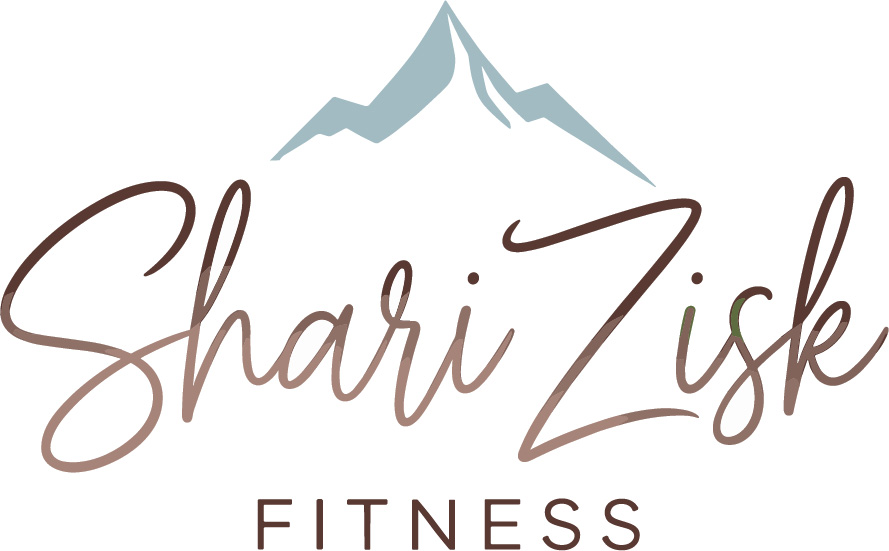
.
ATHLETIC TRAINING FOR BABIES
I followed Magda Gerber’s Resources for Infant Educators (RIE) Educaring (TM) approach and my now three year old boy is astounding his activity teachers with unusually solid balance, coordination and focus. Here’s how we did it and how simple it is for you to give your new little one an athletic jumpstart.
COACH SAID SO
I STUDY HUMAN MOVEMENT
WHAT IS RIE?
Magda Gerber’s Educaring Approach encourages infants and adults to trust each other, learn to problem solve, and embrace their ability for self-discovery. When allowed to unfold in their own way and in their own time, children discover and inspire the best in themselves and in others. -RIE website
RIE ROOTS
“She mapped out the way in which children’s motor development unfolds naturally, and documented these universal, natural developmental patterns with decades of detailed research” Pikler website
NATURAL PROGRESSION
“The strong, mobile, flexible trunk – which takes part in all movements of an infant, which moves together with the head and limbs often even guiding a movement – is only the result of months of practice.” “All this takes several months, during which time the child practices countless variation of these movements.”–
HOW I DISCOVERED RIE
JUST OBSERVE
“If one does not interfere, an infant will learn to turn, roll, creep on the belly, go on all fours, stand, sit, and walk with no trouble. This will not happen under pressure, but out of her own initiative – independently, with joy, and pride in her achievement – even though she may sometimes get angry, and cry impatiently.” Emmi Pikler website
MY UN-TRAINING STRATEGY
- Provide a safe, pleasant and open space for him to just be.
- Just observe
- Help only when needed.
“An infant’s own movements, the development of these movements and every detail of this development are a constant source of joy to him.” -The Pikler Collection
ATHLETIC BABIES
Developing an athletic baby didn’t take extra work or added stress. There was no uncertainty. Simply observing and letting it all unfold naturally was just plain easy and delightful for both the baby and our family. Let’s see where this little athlete takes his skills.
I started pumping iron and drinking green smoothies in my teens. Now a 40+ mama with 25 years of experience working in the fitness industry, I do things differently. What I discovered during my personal healing journey made me pivot in my approach as a personal fitness and wellness coach. Now I teach people how to sweat, nourish and glow from an entirely new perspective.
Share this:
- Click to share on Pinterest (Opens in new window) Pinterest
- Click to share on Facebook (Opens in new window) Facebook
- Click to share on LinkedIn (Opens in new window) LinkedIn
- Click to share on X (Opens in new window) X
- Click to email a link to a friend (Opens in new window) Email
- Click to print (Opens in new window) Print
- More

